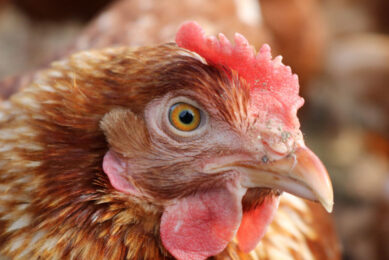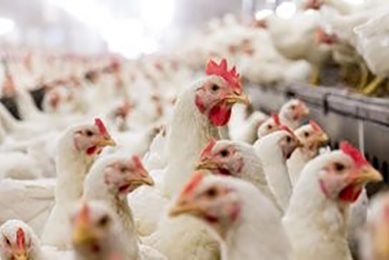Technique to identify poultry characteristics
Huang Mu-chiu, a professor at the Department of Zoology of National Chung Hsing University, is using genome chips to quickly compare genetic makeups, reducing reliance on experimentation to determine the quality of varieties.
The technology proved to be beneficial to those in animal husbandry in abandoning inferior strains and promoting stronger ones, not only lowering their costs but also raising production value, the Taiwan Headlines reports.
For poultry and livestock farmers, the prime goal is to make the most return on their investment. Many factors can be linked to the particular breed of the bird.
Mu-chiu says that farmers used to rely on experience to select the best breeds, including their appearance, the background of the parents, and information on the bloodlines. However, these methods are hugely error-prone, and the results were often not what was originally desired, he says.
Genome chip technology
Mu-chiu uses genome chip technology to bring molecular selection into the world of livestock. He says that many studies use this technology to find breed markers and compare the incidence of these markers to production in the animals. When an especially outstanding gene is located, for example a gene that seems to lead to higher egg production, the technology can rapidly select which chicks will be more ideal and favour them to gradually raise the quality of the entire flock.
Huang says that this project can be used for rapid, large-scale screenings, reducing their cost. His research results have been awarded a silver medal for the “Crazy Idea” of the Agricultural Biotechnology R&D competition by the Ministry of Economic Affairs. In the future, the technology could potentially benefit many who raise animals, helping them increase their income.
Source: Taiwan Headlines













